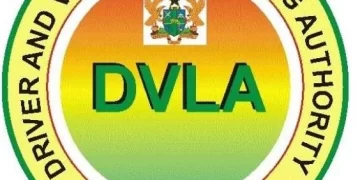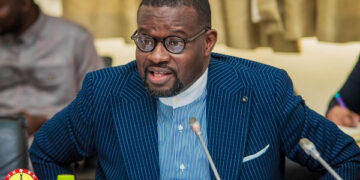Stakeholders in Ghana’s education and disability inclusion sectors are calling on the Ghana Education Service (GES) to introduce compulsory sign language instruction across senior high schools (SHSs) as part of ongoing reforms to create a more inclusive education system.
The call follows renewed advocacy for policies that support students with hearing impairments and improve communication between deaf learners and the wider student population. According to proponents, making sign language compulsory at the SHS level would break communication barriers, expand career opportunities and promote social inclusion and national cohesion.
Speaking at a stakeholder engagement on inclusive learning held in Accra, special education experts highlighted the increasing importance of sign language in modern education and employment spaces. They noted that while Ghana has made progress with inclusive education policies, the absence of mandatory sign language learning in mainstream schools continues to disadvantage deaf learners.
“If we truly want an inclusive education system, then communication must be universal in our schools,” a disability rights advocate said. “Compulsory sign language will empower not just deaf students, but also hearing learners who will gain a valuable communication skill for the future.”
Education analysts argue that introducing sign language into the curriculum will align with global best practices and equip students with essential skills for health care, education, public service, and social work professions, where communication diversity is increasingly relevant.
Read Also: Government to procure 500 new buses for Metro Mass upgrade
Some teachers and student leaders have already expressed support for the proposal, noting that basic sign language competency would foster empathy, reduce discrimination, and enhance social participation of students with hearing impairments.
The GES is currently reviewing proposals under reforms geared toward improving inclusivity, technology integration, and creative learning across second-cycle institutions. While no official directive has been issued yet, insiders say discussions around sign language education form part of a broader effort to enhance accessibility and diversity in Ghana’s education system.
Advocacy groups are urging government to act swiftly, emphasizing that compulsory sign language training would represent a major milestone toward building a society where no learner is left behind.



























